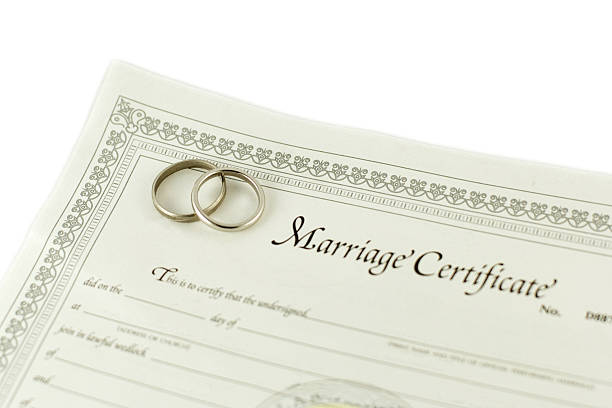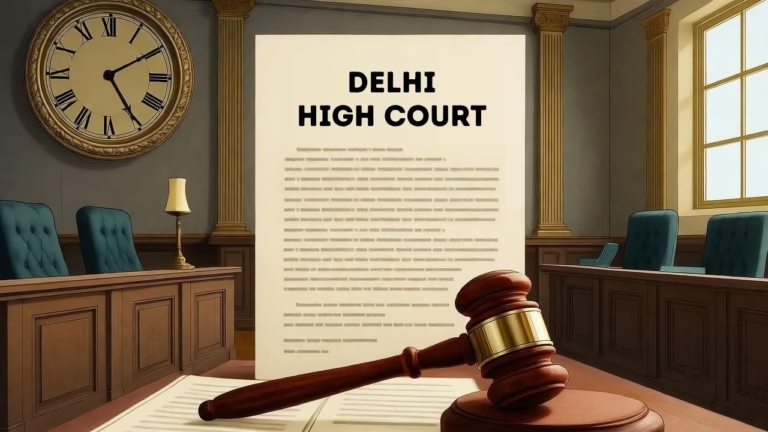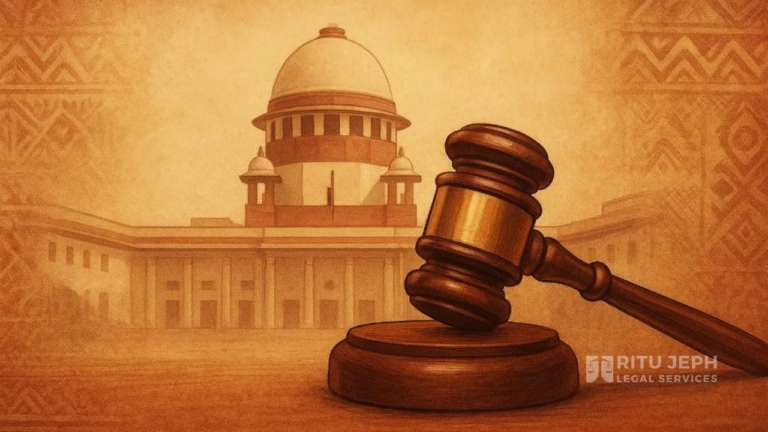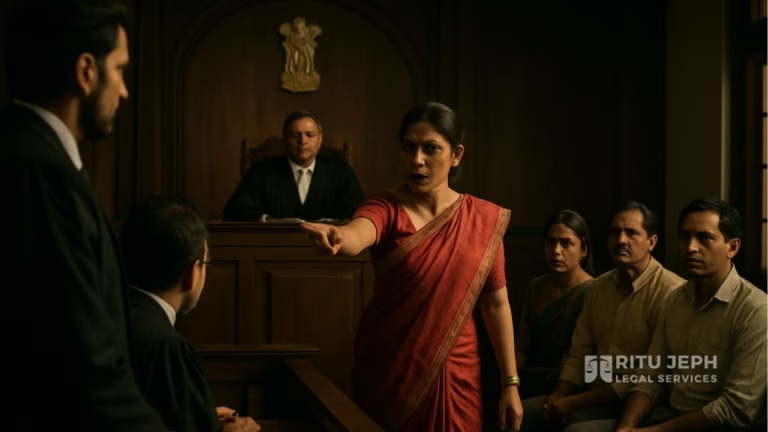Book Appointment Now

Getting Married? Here’s How to Register Your Marriage in India
Learn how to register your marriage in India easily! Discover the online and offline processes, required documents, and where to register. Ensure your marriage is legally recognized with this guide!
Getting married is a significant milestone in life, and in India, registering your marriage is not just a formality—it’s a legal requirement. A marriage certificate serves as proof of your marriage and can be crucial, especially for insurance claims in case of the unfortunate event of a spouse’s passing. Let’s delve into the process of registering your marriage in India, both online and offline.
Why Register Your Marriage?
A marriage certificate is a legal document that declares the validity of a marriage between two individuals. This registration is done under two acts in India: the Hindu Marriage Act, 1955, and the Special Marriage Act, 1954. Since 2006, it has been mandatory to obtain a marriage certificate to legalize the marriage, as mandated by the Supreme Court.
ALSO READ: What actions should be taken if you’re falsely charged with domestic violence and dowry allegations?
Online Registration Process
With everything moving online, registering your marriage can now be done through online platforms. This option is chosen for its convenience and time-saving nature. Here’s how:
Visit Official State Website: Go to the official website of your state.
Find Registration Form: Look for the marriage registration form on the website.
Fill Details: Provide all required details of both individuals.
Submit Form: After filling in the details, submit the form.
After submitting the form, you’ll be summoned by the marriage registrar on a specified date and time. Both parties and at least two witnesses from each side must be present at the registrar’s office. The marriage date and time will be set by the registrar, usually 15 to 30 days after form submission.
Offline Registration Process
Hindu Marriage Act, 1955
Under this act, visit the sub-registrar’s office where the marriage was solemnized. If not possible, go to the sub-registrar’s office of the area where either individual has resided for at least six months.
Special Marriage Act, 1954
This act allows registration regardless of religion. Provide a 30-day notice to the sub-registrar where one party resides. The marriage will be registered if no objections are raised during this period.
Required Documents
To register your marriage, you’ll need:
- Signed application from both spouses
- Birth proof (matriculation certificate, birth certificate, or passport)
- Address proof (PAN Card, Aadhaar Card, etc.)
- Marriage solemnization certificate if the wedding was religious
- Fees: Rs. 100 under Hindu Marriage Act, Rs. 150 under Special Marriage Act
- Photos of both spouses, marriage photo (if already solemnized)
- Invitation card (if wedding happened)
- Divorce decree (if divorced)
- Death certificate of spouse (if widowed)
- Affidavit with marriage details
- Two witnesses from each side
ALSO READ: Getting Married? Here’s How to Register Your Marriage in India
Where to Register
Online: Available in some major cities. Fill the form on the state’s official website, then visit the sub-registrar for verification.
Offline: Visit the sub-registrar’s office where the marriage took place. Fill out forms manually and attach documents. Marriage will be registered after 30 days if no objections.
Conclusion
Marriage registration in India is a straightforward but important process. We’ve covered the online and offline methods, the Hindu Marriage Act, the Special Marriage Act, required documents, and the registration locations. Whether online or offline, registering your marriage ensures its legality and provides crucial documentation for various purposes.
Continue to visit our website for additional articles discussing legal considerations related to Marriage Laws, Family Disputes. To learn more, feel free to reach out to us via email, chat or directly Book an Appointment.



